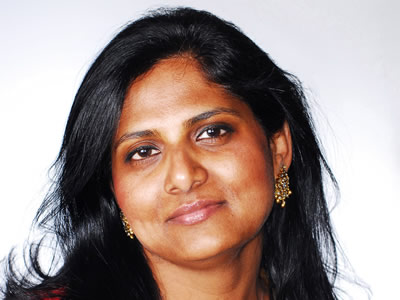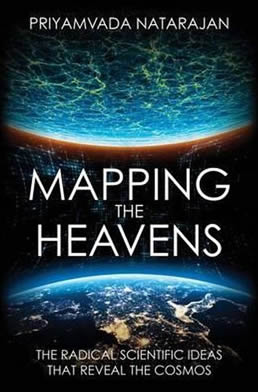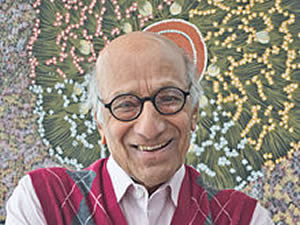6 A&S Physicists Awarded Breakthrough Prize
Our universe is dominated by matter and contains hardly any antimatter, a notion which still perplexes top scientists researching at CERN’s Large Hadron Collider. The Big Bang created equal amounts of matter and antimatter, but now nearly everything—solid, liquid, gas or plasma—is…



 “The acceptance of new ideas about the universe and our place in it has never been linear and always has been contested, even within the scientific community,” says Natarajan, who specializes in cosmology, gravitational lensing and black hole physics. “As shifting and incomplete science always must be, it offers the best path we have toward making sense of our wondrous, mysterious universe.”
“The acceptance of new ideas about the universe and our place in it has never been linear and always has been contested, even within the scientific community,” says Natarajan, who specializes in cosmology, gravitational lensing and black hole physics. “As shifting and incomplete science always must be, it offers the best path we have toward making sense of our wondrous, mysterious universe.”